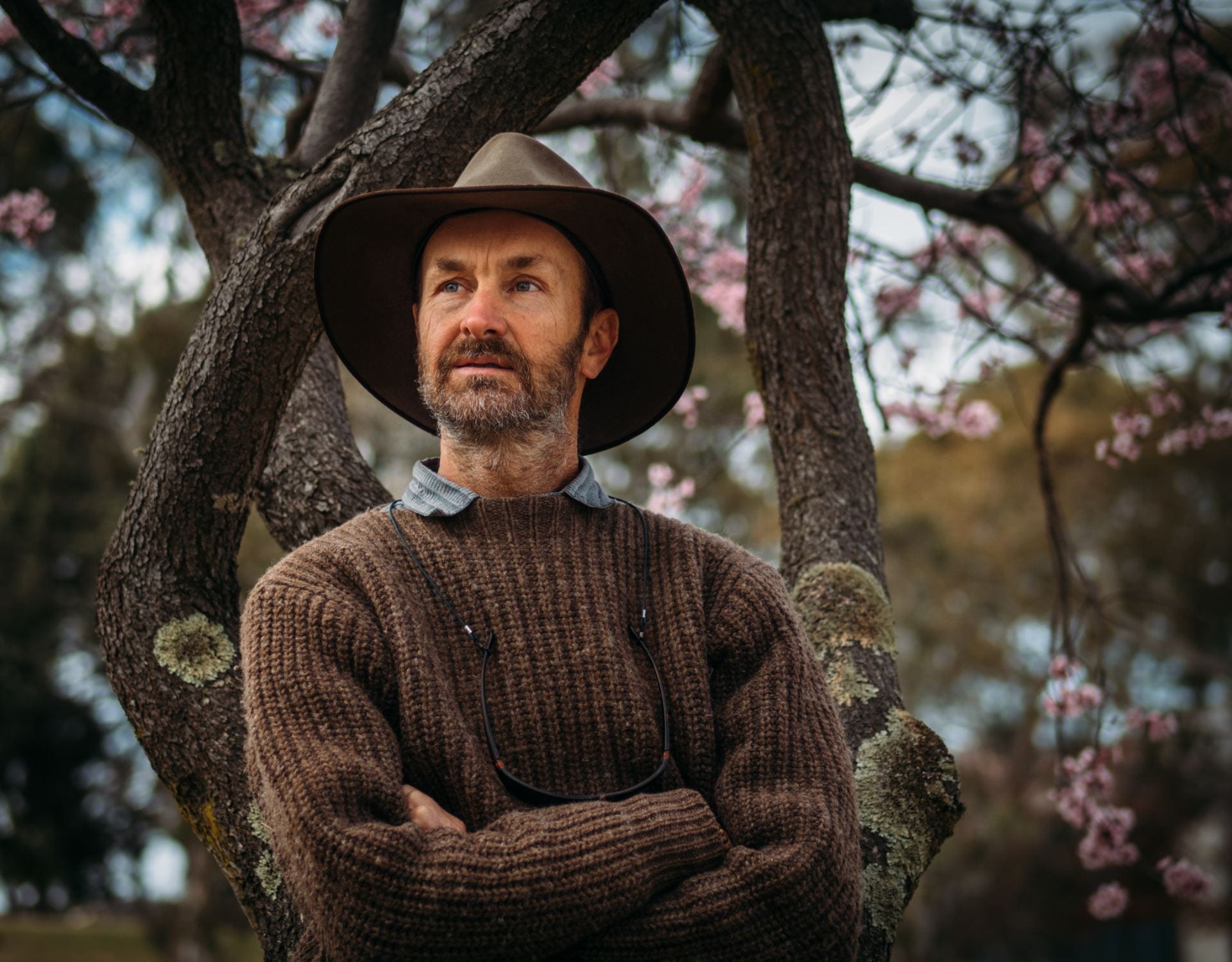As the 2020 Peace Summit for Emerging Leaders in Bangkok draws to a close, international experts will converge on Parramatta this week to keep peace on the agenda.
The Rethinking Peace, Conflict and Governance Conference, organised by University of New England (UNE) Peace Studies PhD students, graduates and staff, is about sharing ideas and learnings for global transformational change.
“The conference will bring together international peace intellectuals, advocates and activists at a time when we’re seeing growing global recognition for the field of peace studies and increased interest in finding peaceful solutions to current world issues,” says UNE Peace Studies lecturer, Dr Marty Branagan.
With keynote speakers from South Africa and the USA, other delegates will hail from Japan, Nepal, Nigeria, Namibia, Canada, UAE, India, Bangladesh, Sri Lanka, Indonesia, UK, Pakistan and South Korea, promising a comprehensive look at world affairs and a wide-ranging program.
However, Marty says that one topic will particularly resonate as a current global challenge: de-escalating the nuclear threat. An expert panel session, open to the public, will feature Gem Romuld from the Nobel Prize-winning movement, the International Campaign to Abolish Nuclear Weapons (ICAN), Associate Professor Tilman Ruff AO from the Medical Association for the Prevention of War, and John Hallam, UN Nuclear Weapons Disarmament Campaigner.
“Dozens of countries, but not yet Australia, have now agreed that nuclear weapons are illegal under international law. This panel will look at this changing context and the steps being taken to reduce the nuclear threat,” Dr Branagan says.
The overarching conference themes are new ways of envisaging peacebuilding, transforming conflict and creating governance for peace. Cultural peacebuilding is a rapidly developing field, involving such things as peace museums, peace journalism, and community radio engagement to counter violent extremism. Alternatives to violence include nonviolent action, non-lethal security, conflict prevention frameworks and promoting nonviolent relationships. The governance strand will examine the constructive resolution of disputes and electoral violence, environmental governance, and post-conflict rebuilding and reintegration. Important areas within this strand are women’s political empowerment and youth participation in less developed countries.
“These sessions will be a great opportunity to better understand the root causes of war and violence, their cultural, social, psychological and political factors, and the current and potential solutions that can help bring lasting safety, security and inclusion,” says Dr Branagan.
The conference will give thought-provoking insights into efforts to build peace through better governance, community and social enterprise, social media engagement, policy, strategy, infrastructure and civil participation.
“Peace is not simply the absence of war; it’s about building peaceful cultures, and communities that are tolerant, equal, just and resilient, and promoting social and psychological wellbeing,” Dr Branagan says.
“Peace happens from the top down and the bottom up. Our students come from and return to everything from ministerial positions in Africa to Nepalese community programs that work to bring long-term peace and stability to nations in conflict.
“This breadth of expertise and diversity of topics on world challenges I think is something we haven’t seen in NSW for 10 years.
“Conference delegates will be looking to enhance and develop their understandings of developments in peace theory, communicate new information and find innovative ways to transform conflicts and build peaceful societies from the individual, family and community levels to the global,” Dr Branagan says.
“There’s no more important or urgent topic in the world today than building lasting peace, and this conference is an important way to continue the conversation.”
Conference details
What: Rethinking Peace, Conflict and Governance Conference
Where: UNE Parramatta, Church Street, Sydney
When: 12–14 February 2020. Public expert panel session – De-escalating the nuclear threat – 11.30am, Friday 14 February
Click here for program and further information.
Conference contacts: Dr Marty Branagan (02) 6773 3951 or Dr DB Subedi on 0413 165 781



Recent Comments